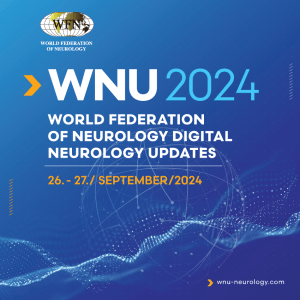
What is it?
A three day course covering the theory and practical aspects of management and leadership for doctors. The course is held in London and other sites across the UK.
This course is designed to cover the basic principles of good leadership and management for doctors. The course is run by enthusiastic trainers who from the beginning demonstrate respect for Maslow’s ‘hierarchy of needs’ the principle of which is that individuals require their basic physiological needs to be met to learn effectively. The smart, comfortable hotel, endless supply of caffeinated beverages, sensible timetabling of sessions and tasty warm lunch all set the background for a productive day.
As you would expect from this type of course brief, interactive tutorials are interspersed with sessions of group work. To my relief, rather than cringe worthy role play sessions, the group work involved time pressured tasks which effectively demonstrated the principles of time management and team work. In addition, there were lots of opportunities for indulgent self-reflection such as ‘what is my management style?’, ‘am I task or people focused?’ and ‘how does my personality affect my approach to tasks?’. The third day was run by a doctor who covered the structure of the NHS, finance and change in the NHS.
Who should do it?
The course is most suitable for registrars approaching the end of their training and new consultants.
Would you recommend it?
Yes. Like it or not, all senior doctors have managerial roles and need to understand the structure and management framework of the NHS to drive forward the development of services for their patients. The course provided a useful approach to developing key skills such as conflict resolution, negotiation, implementing change, business case planning and managing teams. The course materials provided in depth information on the structure of the NHS which will prove invaluable for preparing for consultant interviews. The only drawback is the cost, at £599 for the three days it certainly isn’t cheap but in my view the course does deliver an understanding of the world of management that is likely to prove invaluable in my future career.
Key learning points:
- Change is inevitable in large organisations like the NHS, good managers prepare an organisation for change and guide employees through it. The course teaches approaches to implementing change such as the SWOT analysis (identifying strengths, weakness, opportunities and threats) and explains that colleagues’ reactions to change can be similar to a grief reaction.
- Useful techniques for effective time management including the ‘urgent-important time clock’.
- Effective methods for setting objectives for yourself and others such as the SMART approach (Specific, Measurable, Achievable, Relevant and Timed).
ACNR 2014;15(1):39. Online 15/04/15

